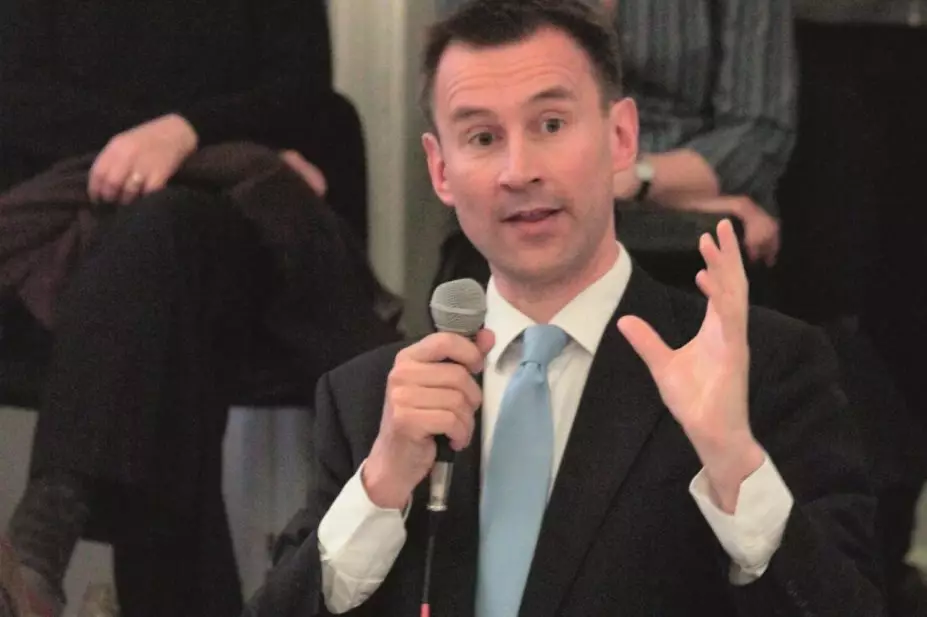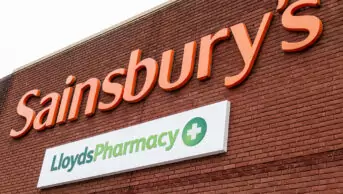
Jdfirth / Wikimedia Commons
Junior doctors in England have rejected the government’s latest contract proposals following the results of a referendum announced on 5 July 2016.
Some 58% voted to reject the government offer and 42% voted in favour. The turnout was 68%.
The referendum result triggered the immediate resignation of Johann Malawana, chair of the BMA’s junior doctors committee. The proposed terms and conditions of the new contract followed a deal reached by the government and the doctor’s trade union, the British Medical Association (BMA), after ten days of talks in May 2016.
In a statement, Malawana said: “The government must respect the informed decision junior doctors have made… It is vital that [the contract] has the confidence of the profession.
“The government must now do the right thing, accept the outcome of this vote and work constructively with the BMA to address junior doctors’ concerns with the new contract.”
He said a new chair “would be better placed to lead on this work”.
Health secretary Jeremy Hunt said in a statement that the government would now consider the outcome of the referendum. He said he was “extremely disappointed” with the rejection of the proposed contract, which he said had been endorsed by Malawana and NHS leaders.
Danny Mortimer, chief executive of NHS Employers, says he is “profoundly disappointed” at the result.
“It is imperative that patients will not be made to suffer any further impact as a result of the rejection of the contract,” he adds.
In May 2016, the government and BMA announced they had reached a deal on the new contract, which has been at the centre of industrial action by junior doctors since November 2015.
However, it was agreed that the final decision about whether to accept or reject the contract would be left up to junior doctors in a referendum.
The Department of Health refused to comment beyond Hunt’s statement.
In an interview with the BBC on 5 July 2016, Hunt said his priority would be to provide “stability and certainty” for the NHS.
Asked if he would impose the junior doctors’ contract, Hunt said: “I need to reflect on what’s happened but I owe it to the country to make a rapid decision.”
He added that patients needed to know “whether we are going to proceed with our manifesto commitment for a 7-day service”.


